City living brings daily challenges: getting around quickly while dealing with tiny apartments and busy schedules. Two types of bikes compete for your attention, and each solves different problems of city life.
Your Daily Commute Gets Much Easier with Folding Bikes
Getting to work in the city usually means mixing different ways to travel, and some people ride bikes part of the way, then hop on trains or buses to finish their trip.
Taking Public Transport
Folding bikes change everything during busy hours since you can fold your bike in less than 20 seconds while carrying it onto any train or bus. Most subway systems ban regular bikes during rush hour, but they often allow folding bikes.
Storing at Work
The compact design of folding bikes makes it possible for you to carry them around and bring them to the office without problems. Folding bikes fit under your desk while keeping them safe and dry all day. However, you may not do the same with regular bikes, as security guards often say no to full-size bikes in buildings, so you have to find parking outside.
Staying Dry in Bad Weather
Rain makes outdoor bike parking terrible; even having the bike parked outside may result in potential damage over time and lead to costly repairs.
However, folding bikes may come inside with you during storms, staying clean and rust-free.
Taking your bike on trains and storing it indoors makes folding bikes perfect for commuting, while regular bikes work great on bike paths but can't handle the everyday needs of city travel.
Folding Bike for Apartment Living - The Ultimate Space Saver
Small apartments mean you pay high rent for every inch of space, and what you can store at home decides what you can actually own.
Where Folding Bikes Fit:
- Any closet corner, while taking only 0.2㎡
- Under your bed and completely hidden from view
- Hanging on walls without using floor space
- Behind doors while standing up straight

Where Regular Bikes Go:
- Middle of living rooms and taking 1.5㎡
- Balconies, but subject to attack by bad weather
- Blocking hallways risks causing people to trip over them
- Rented storage units, which would cost €50-150 every month
Folding bikes work perfectly for smaller apartments, while regular bikes compete for space that you need for comfortable living.
Urban Commuting Performance Fits How You Really Ride
Riding bikes in cities looks nothing like riding on open roads since you often need stop at red lights in city streets while dealing with crowded bike lanes and sharing space with cars and pedestrians. In this environment, pure speed alone doesn't get you there faster. What really matters is swiftness, easy handling, and precise control.
Getting Up to Speed Fast
| Bike Type | Acceleration from a Stop | Turning Tight Corners | How Much Does It Weigh |
| Folding Bike | Quicker due to smaller wheels | Very easy | typically 9-12 kg |
| Regular Bike | Slower initial pickup | Requires more space | typically 11-16 kg |
For example, DAHON folding bikes range from lightweight 7kg models to full-featured 13kg versions, which are still 20-30% lighter than non-folding, regular bikes.
Getting Through Traffic
Folding bikes can squeeze through tight spaces that stop regular bikes cold - smaller frames of folding bikes enable them to slip between parked cars while moving around people, walking, and through packed intersections easily. Regular-size bikes need more room and careful planning to get through heavy traffic, and navigating through tight spaces could be a bit of a struggle at times.

Fast vs. Useful
Regular bikes may go faster on open roads, but folding bikes work better for starting and stopping a lot. Most city rides have an average speed of 20-25 km/h, regardless of the type of bike you use. Therefore, quick acceleration means much more than speed in city rides. Starting fast and turning easily gives folding bikes real advantages in actual city riding, while regular bikes work better for long rides without many stops.
Care and Maintenance for City Bikes
Both types of bikes need regular care, though certain aspects may vary. Knowing what to expect helps you save time and money.
Things Both Bikes Need
- Oil the chain every month while checking for wear
- Check tire air every week and add more if needed
- Fix brakes when seasons change, but watch for problems earlier
- Tune gears when they slip and clean them regularly
Extra Care for Folding Bikes
- Oil hinges every few months while checking for looseness
- Check clasps once a month and tighten if needed
- Clean folding parts when the seasons change, but wipe them after rain too
Finding Replacement Parts
Regular bikes use standard parts you can find at any bike shop, while folding bikes sometimes need special parts that take longer to get. Good folding bike brands keep parts in stock better than cheap ones, and this makes repairs faster.
Taking care of either type costs about the same, but folding parts don't add much work if you follow simple care steps.
Is a Folding Bike Really a Cost-Effective Choice for Commuting?
Cheap regular bikes may cost less to buy at first, as folding bikes need complex engineering that makes them cost more to build.
What You Really Spend
Buying a Folding Bike:
- Costs more up front, but makes theft extremely unlikely
- Saving time costs by carrying it on buses and trains
- Saving on parking fees by storing it at home or in the office
Buying a Regular Bike:
- Costs less upfront, but a high chance of theft if parked outdoors
- Extra costs for security and replacement parts due to higher risk exposure
- Costs for parking and storage space in some cities
Saving Money Over Time
Police officially recorded nearly 246,000 stolen bikes in a single year, and experts even think the real number is twice that high, making any outdoor bike parking risky and expensive. Storing your bike inside pays for itself just by avoiding theft, while also protecting your investment.
Being able to take your bike anywhere often cuts your total travel costs, and people with folding bikes use expensive ride apps and public transport less for short trips.
Folding Bike vs Conventional Bike Security Plans
Bike thieves hit city cyclists no matter how good their locks are or where they park, and professional thieves can break even expensive locks in minutes using battery-powered tools.
Why Regular Bike Locks Don't Work
- Heavy locks make riding harder while adding weight
- Thieves still steal bikes anyway, and they steal parts like wheels and seats, too
- You always worry about your bike while running errands
- Insurance paperwork and paying deductibles, but still losing time
How Folding Bikes Stop Theft
- No theft is possible because the bike comes with you while shopping or working
- All parts and accessories stay safe, and you relax while eating or shopping
- No money spent on locks, while never filing insurance claims
Restaurants, coffee shops, and stores let you bring folding bikes inside, but make regular bikes stay outside. This access changes biking from something stressful into something freeing, and it opens up more places to ride.
Taking your bike inside beats any lock system while removing theft risk instead of just lowering it.

Pick What Works for Your City Life
Regular bikes fit people who care more about going fast than convenience, and they work especially well for those with safe storage and good bike lanes. These bikes work great for exercise-focused riders going long distances on bike paths and quiet streets, but they struggle with daily city needs.
Folding bikes change city travel for practical commuters dealing with small apartments, public transport, and theft worries. City people who want bikes that work with urban life instead of against it love folding bikes, and the flexibility opens up new possibilities.
Being able to take your bike anywhere opens up new ways to get around, eat out, shop, and commute, while regular bikes just can't match this freedom.
Get Your City Bike Today
Try urban cycling that actually works with DAHON folding bikes while getting forty years of improvements that bring you the right mix of performance, portability, and dependability for city living.
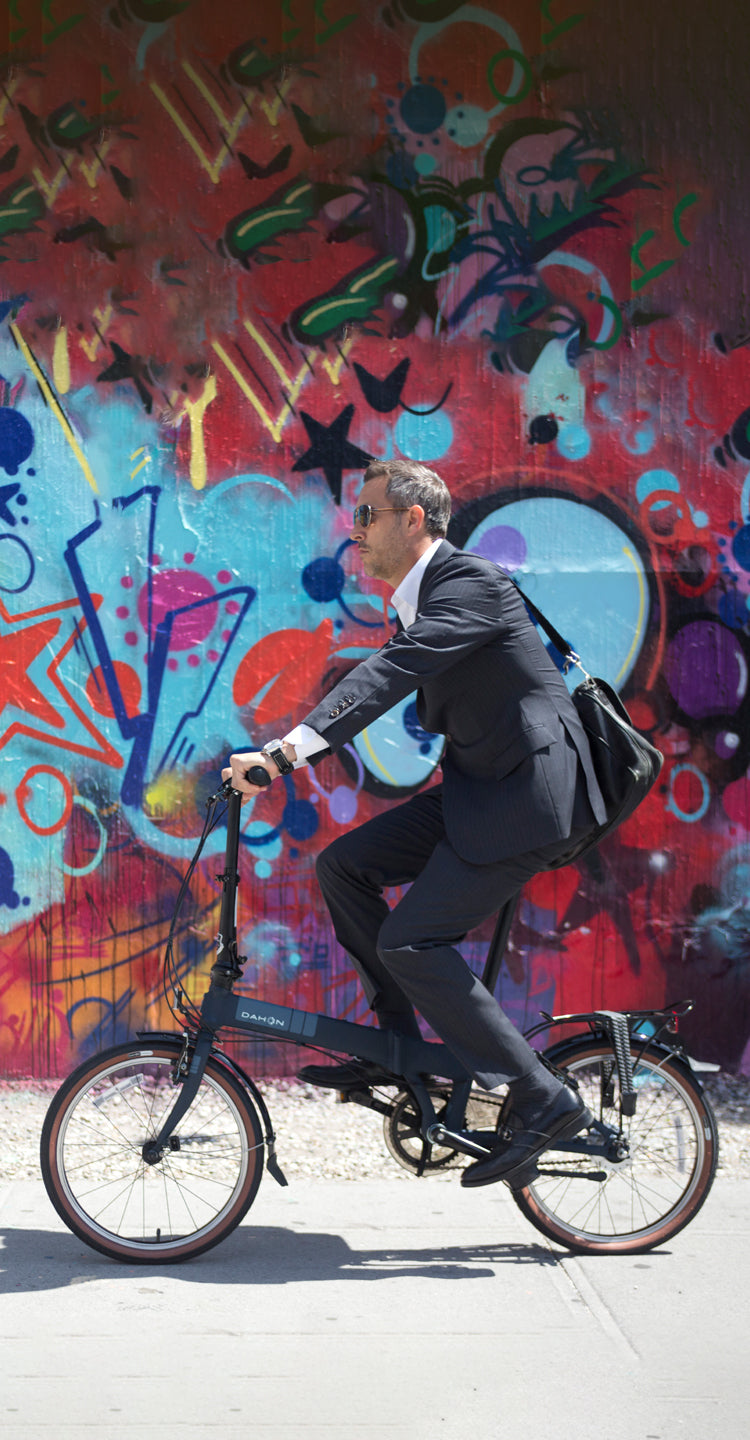
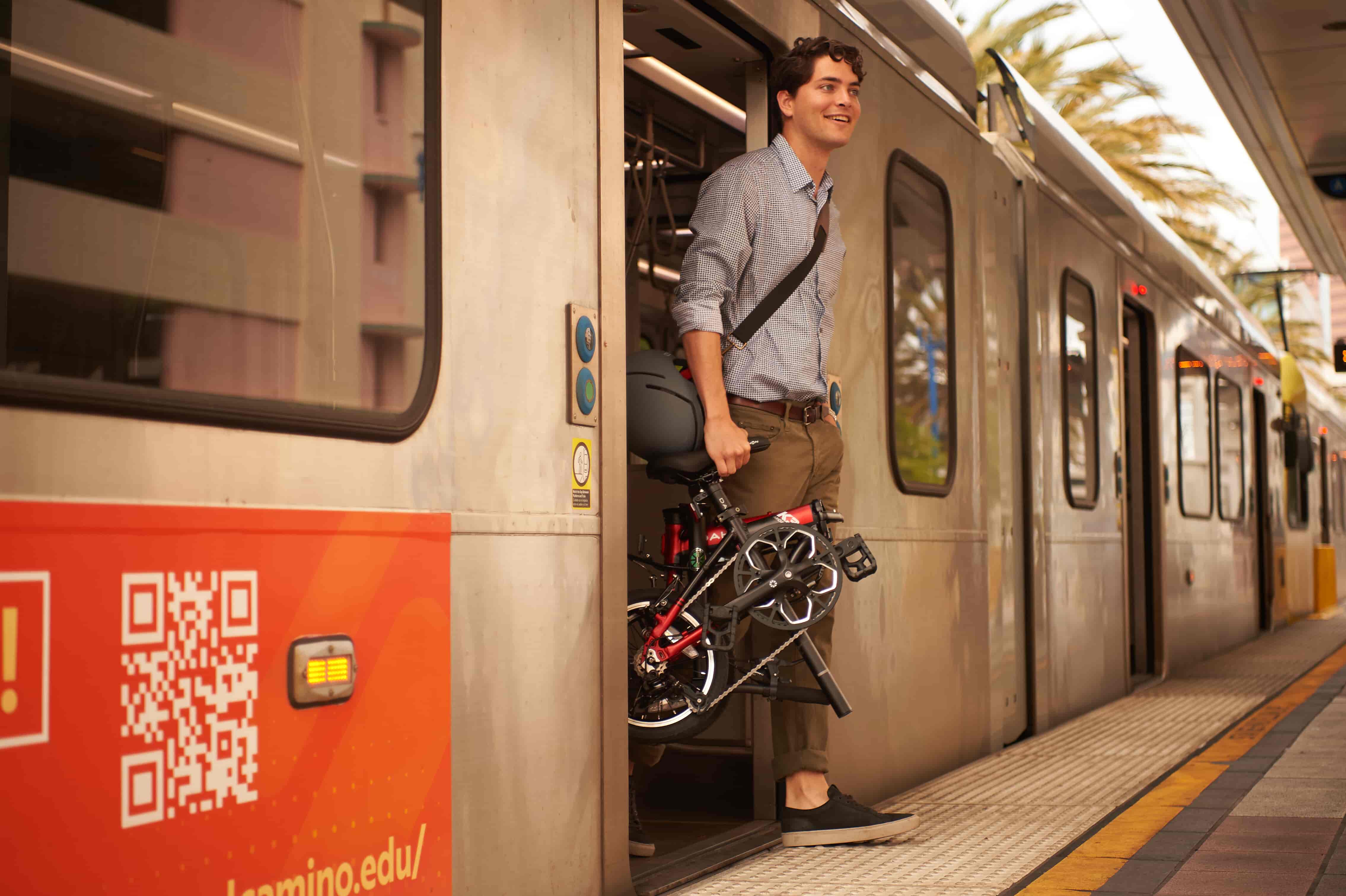



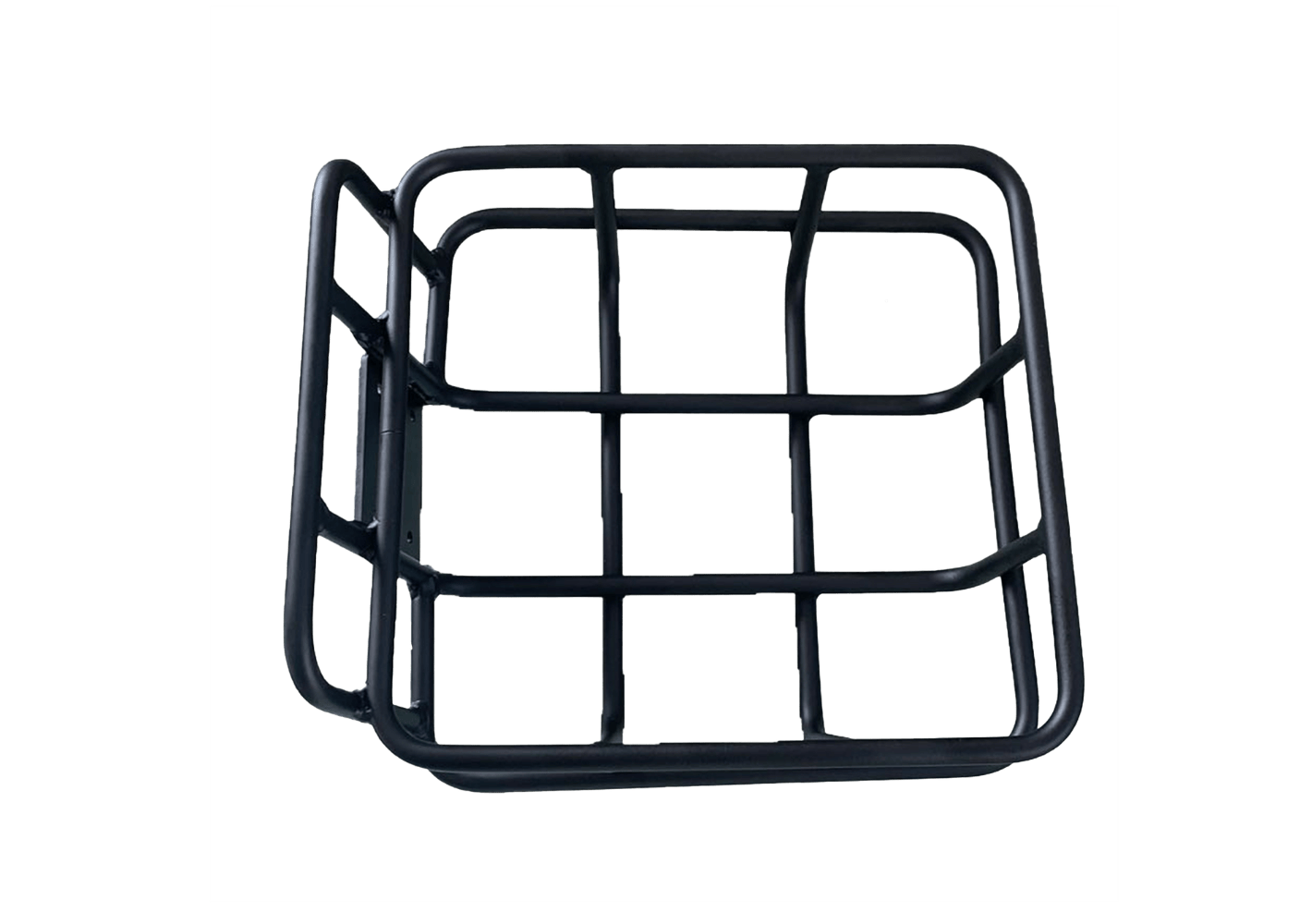




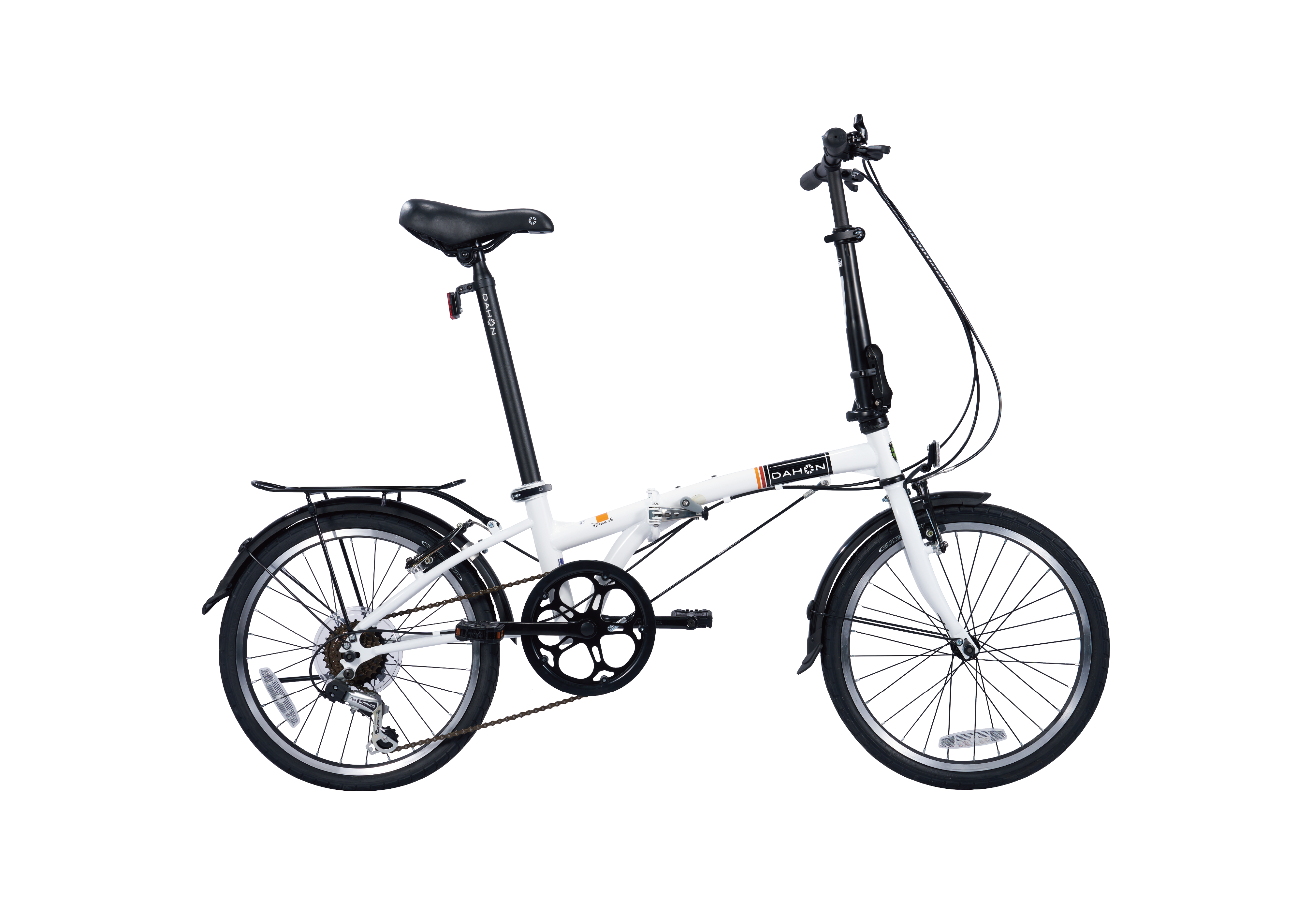

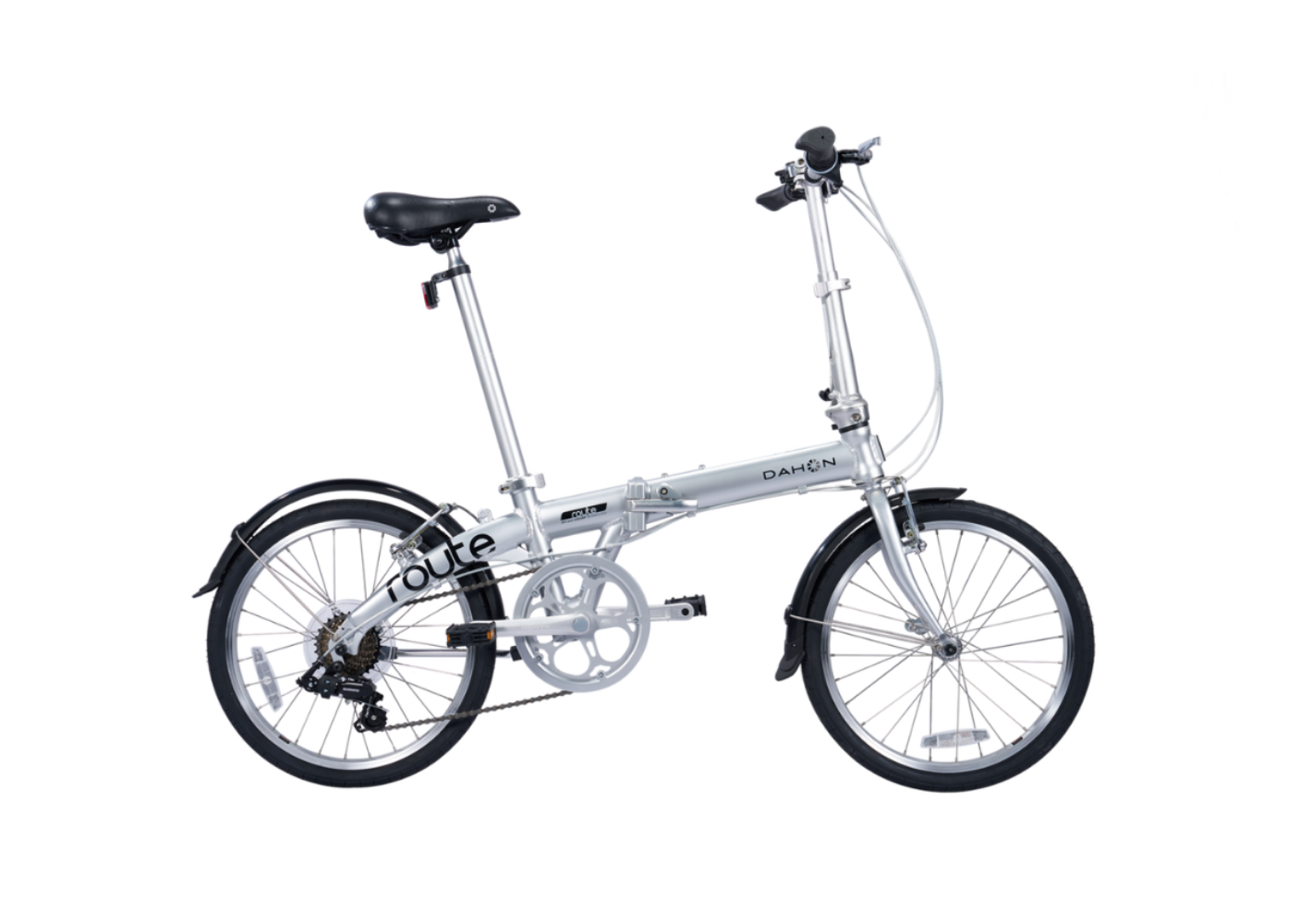
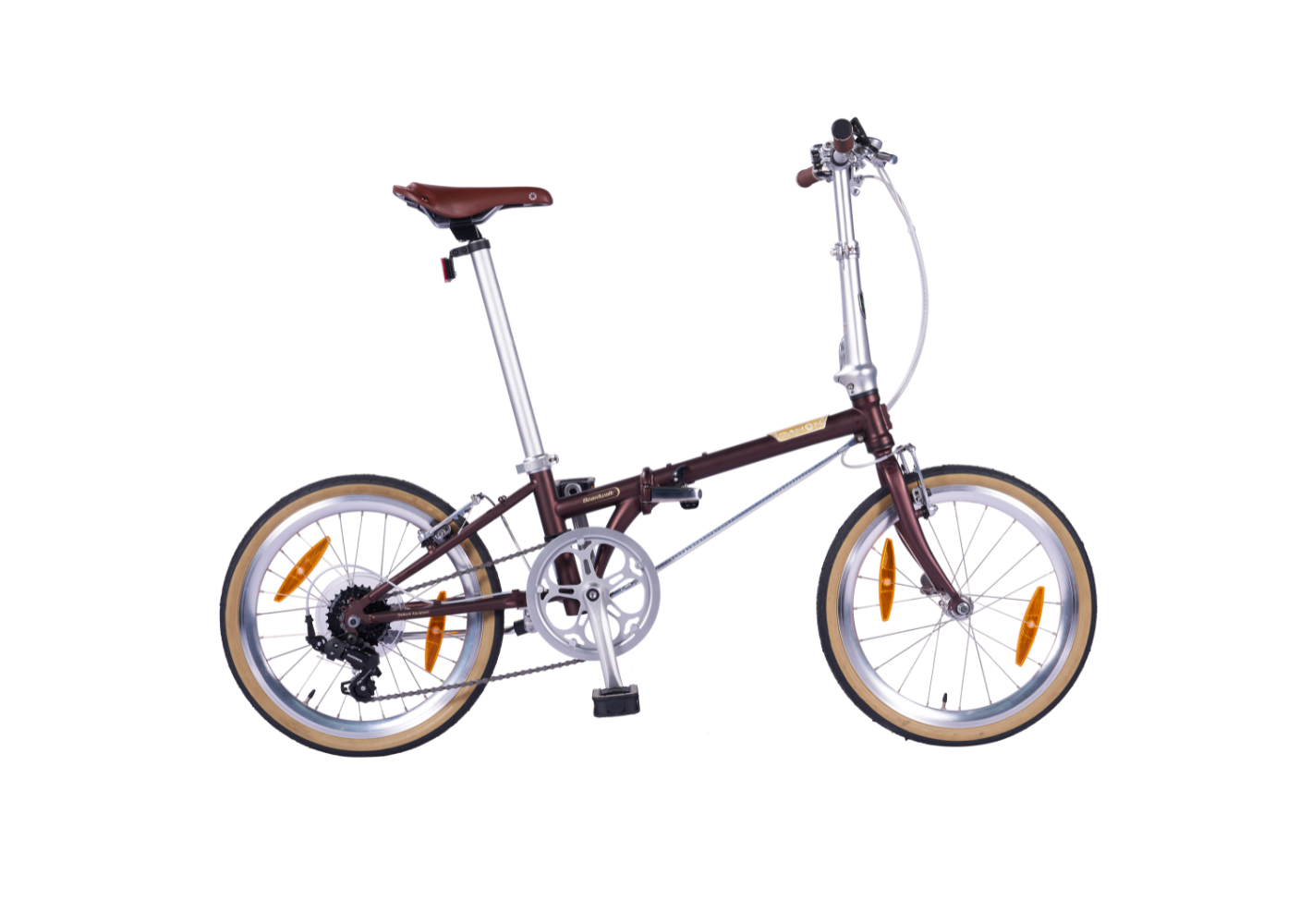

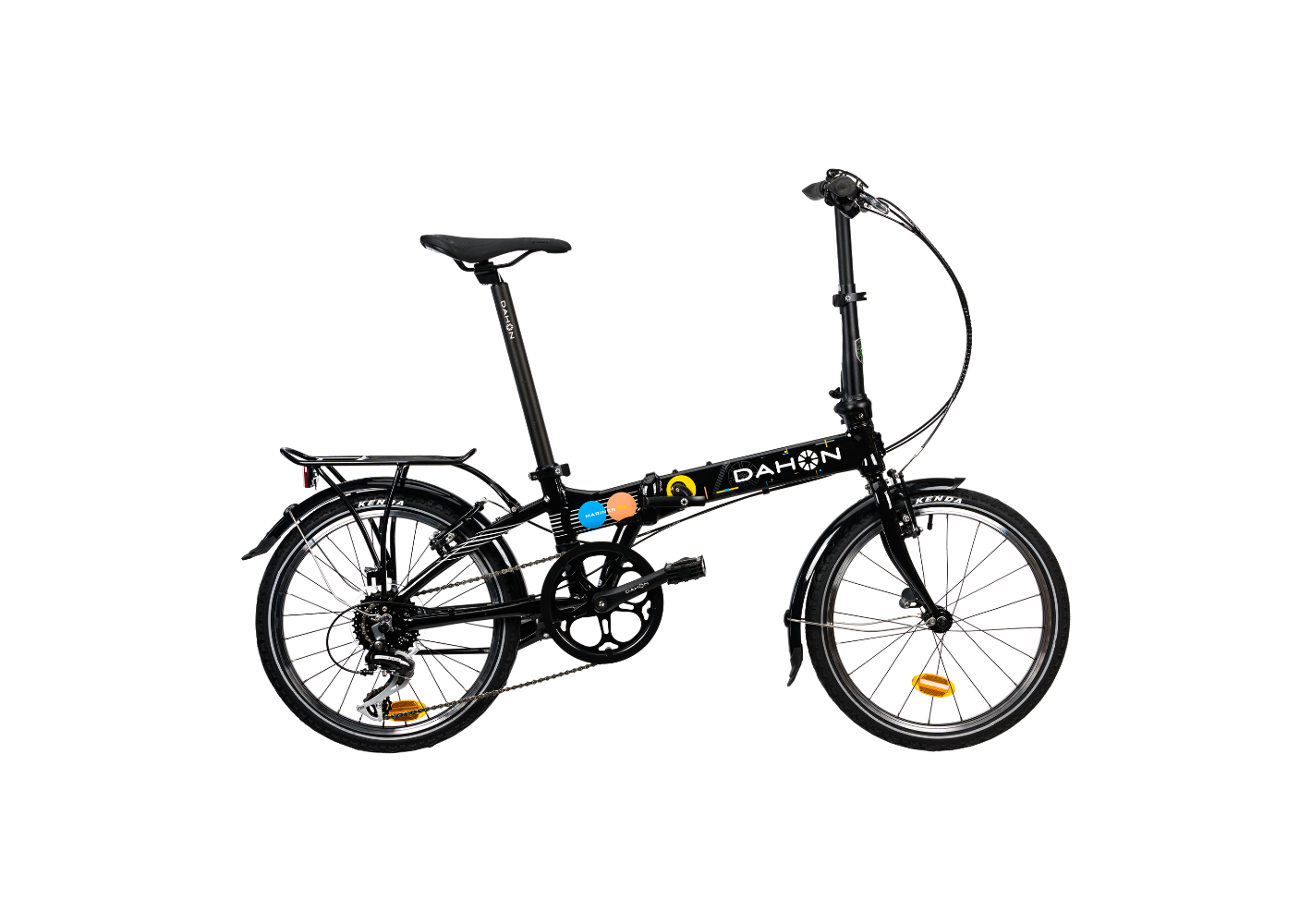

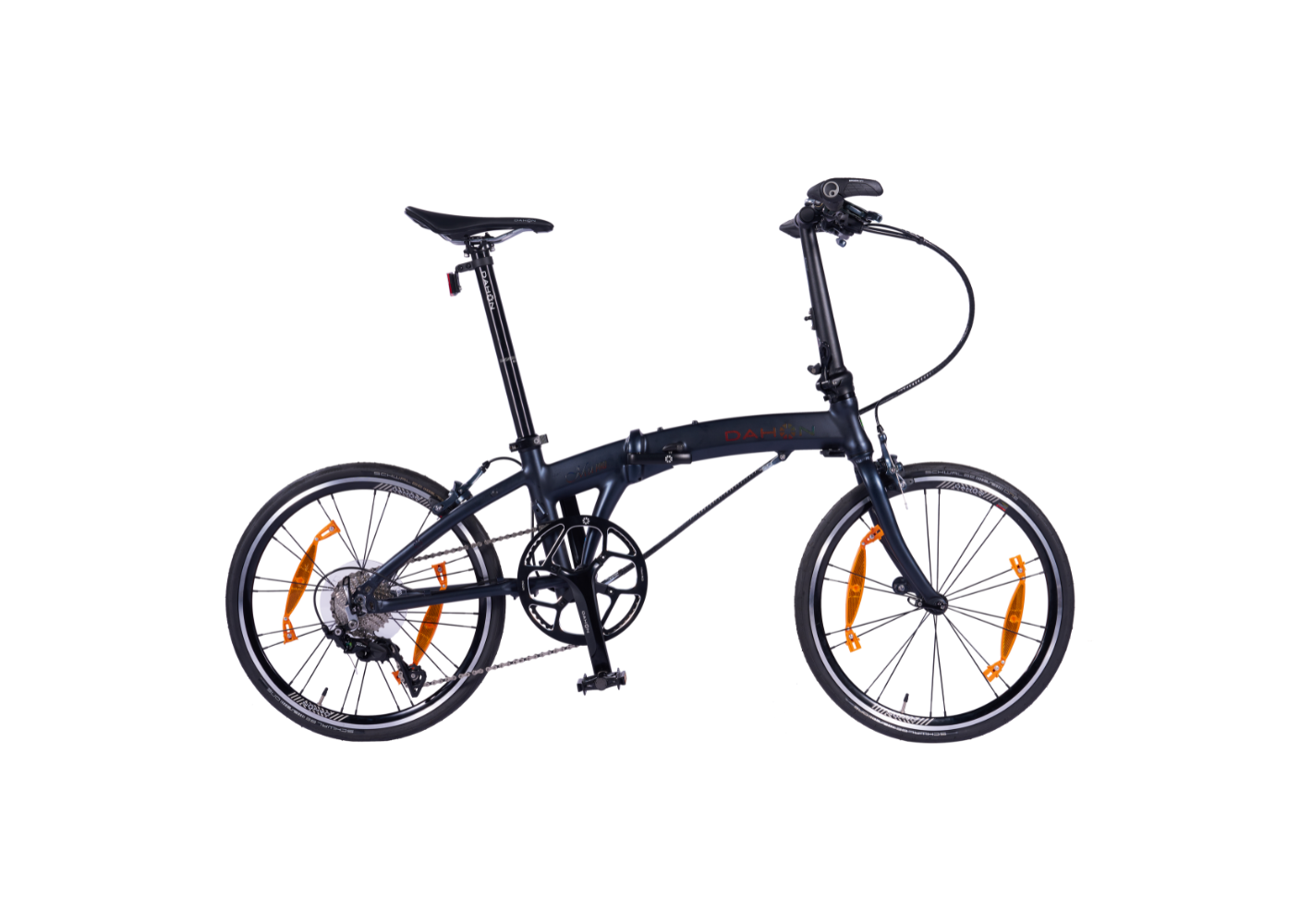
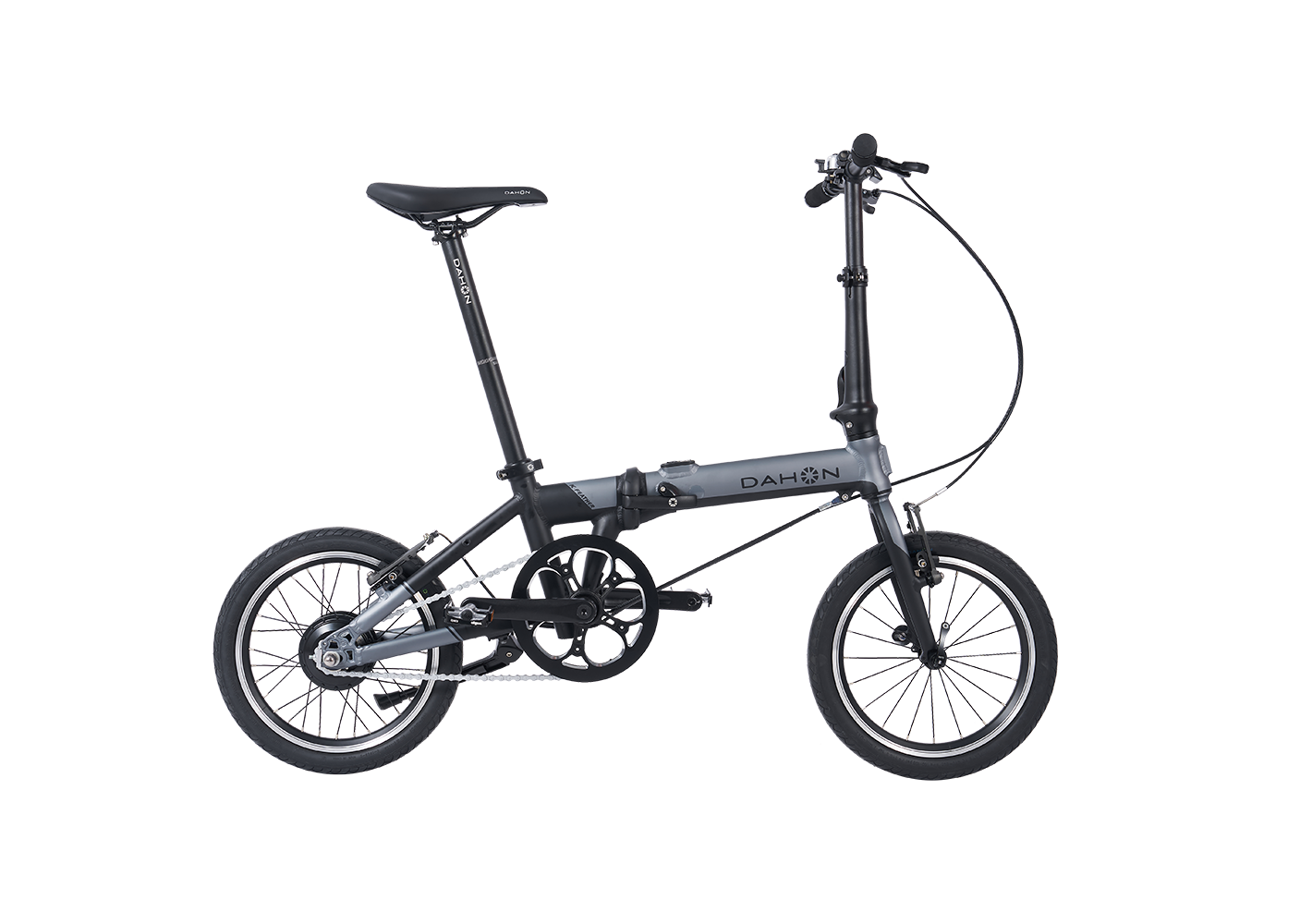
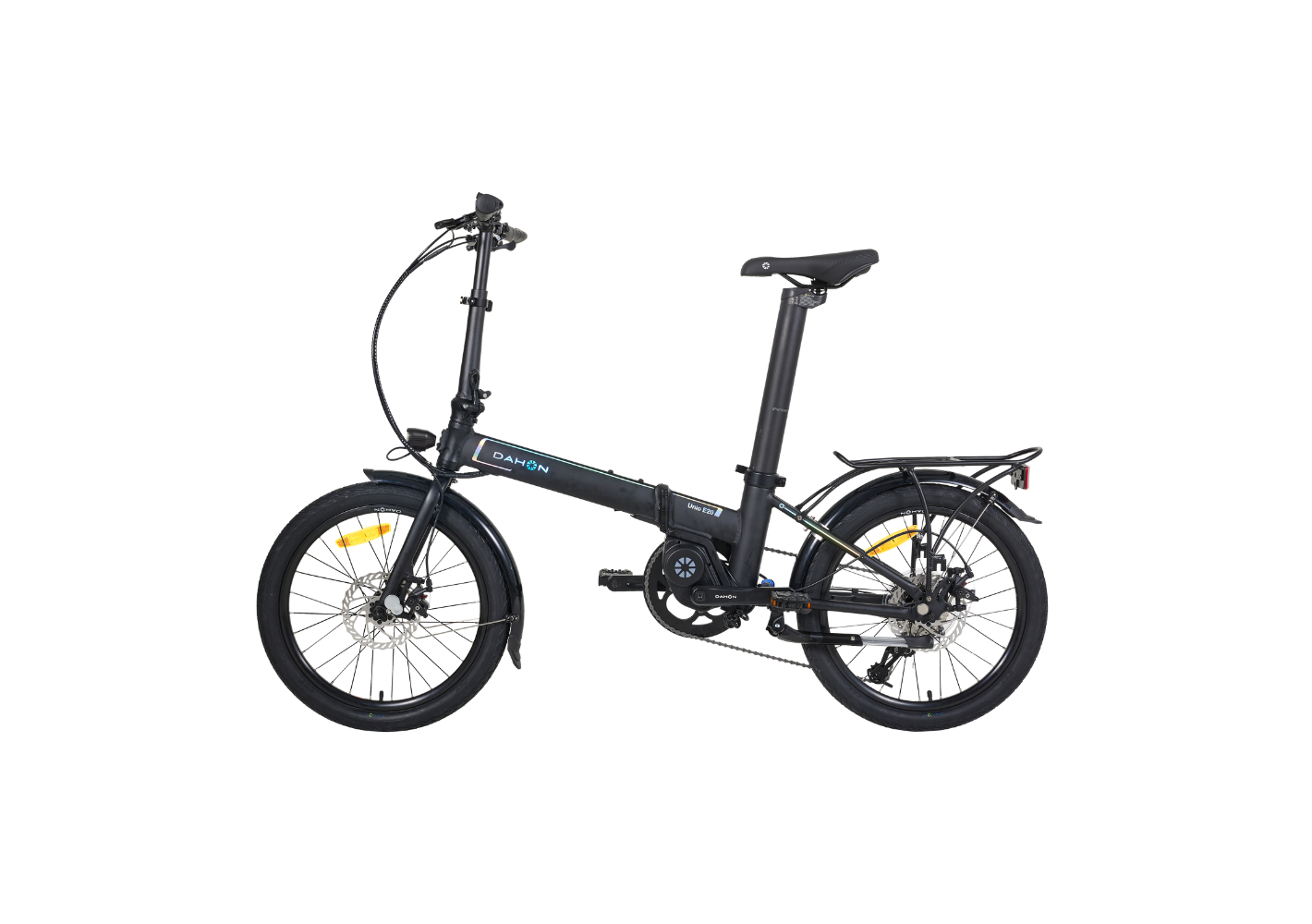
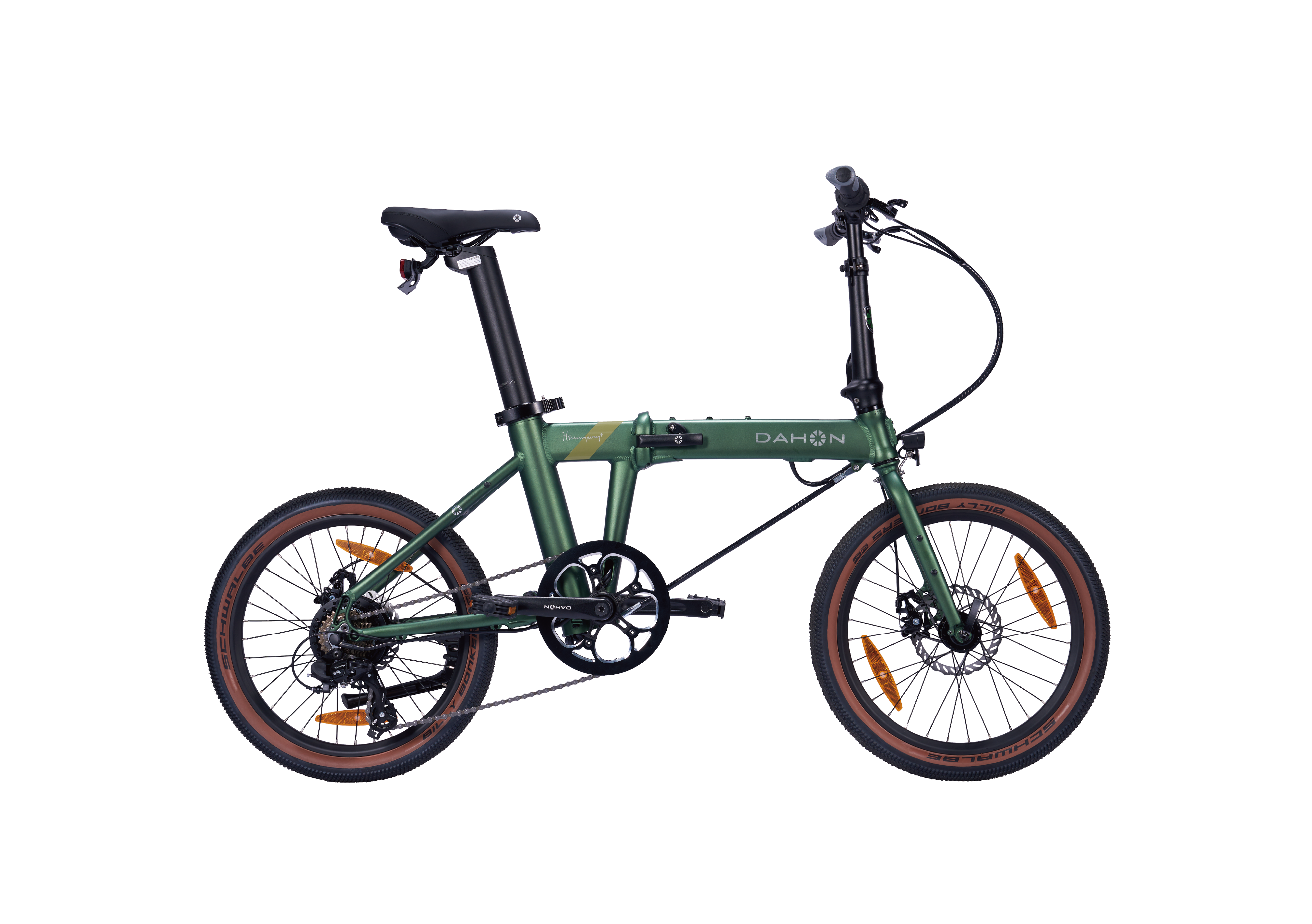
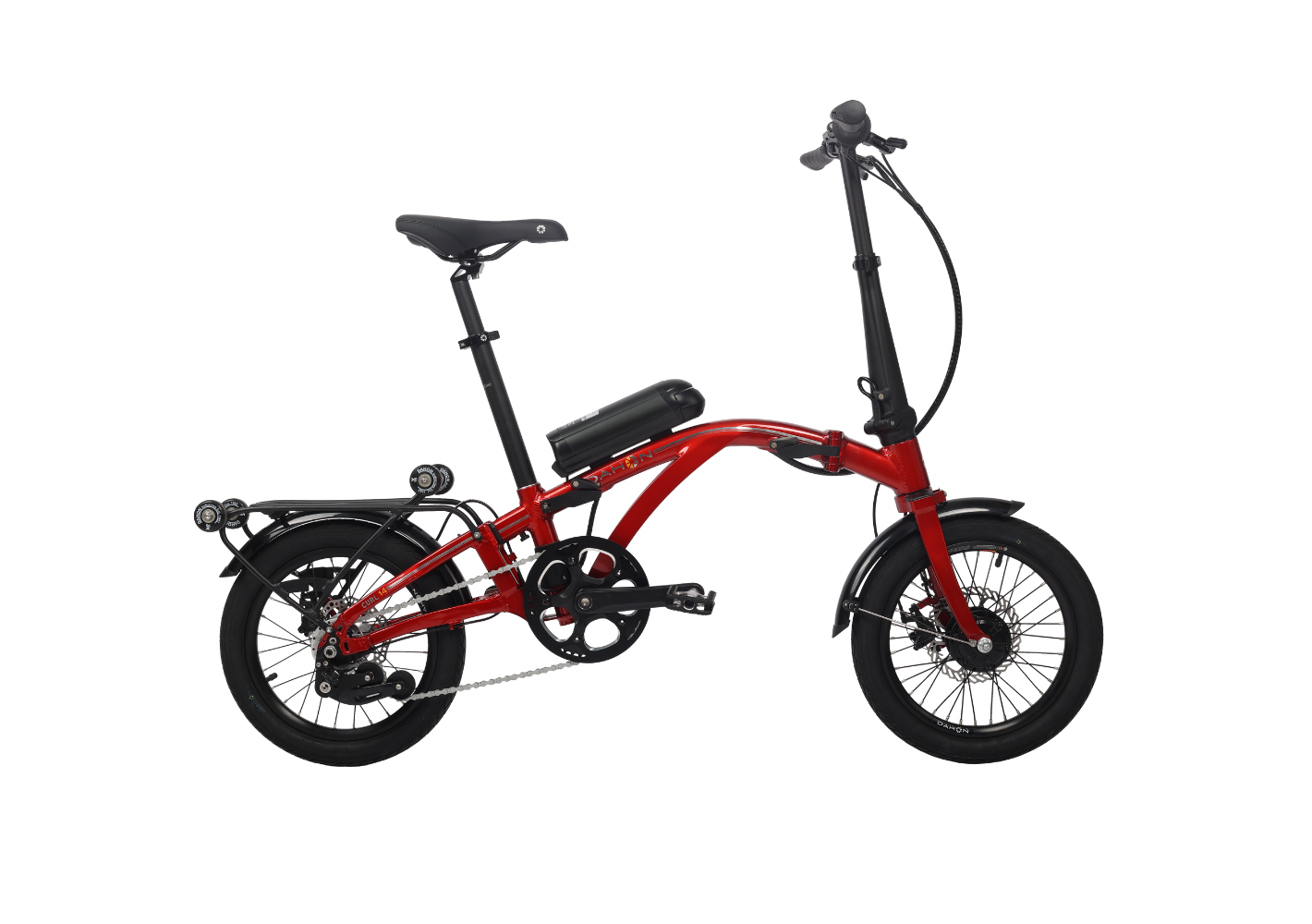

Share:
5 Ways a Folding Bike Fits Small Apartment Living
How to Choose Your Perfect Folding Bike: Beat Train Delays & City Chaos (2025 Buyer Guide)